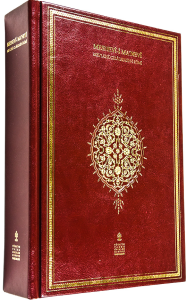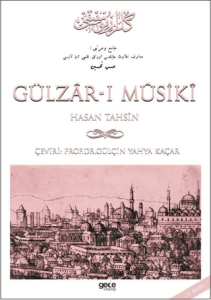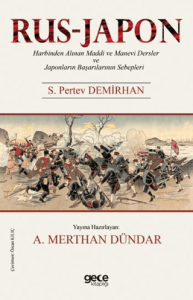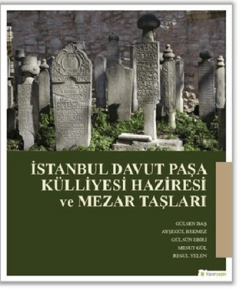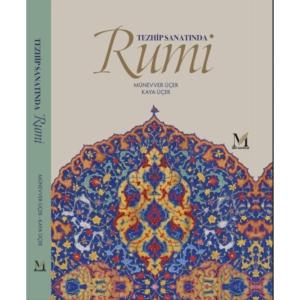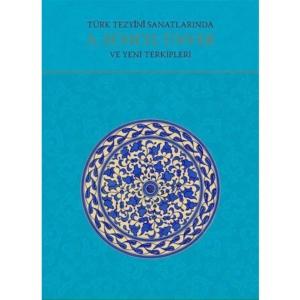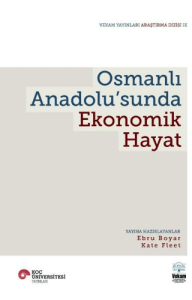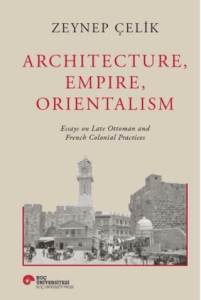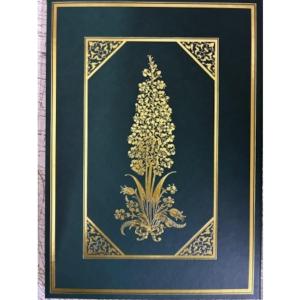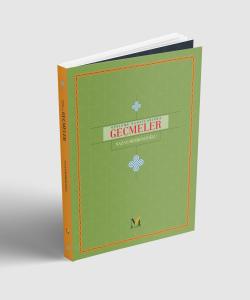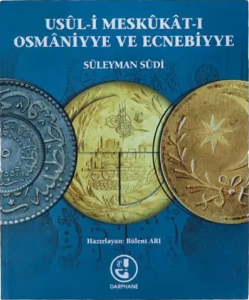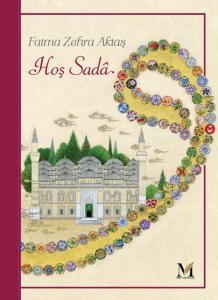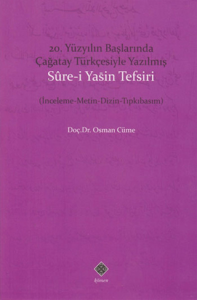9786053242543
218737
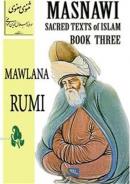
https://www.sahafium.com/kitap/masnawi-sacred-texts-of-islam-book-three-p218737.html
Masnawi Sacred Texts Of Islam - Book Three
0.00
Book three of the Masnavi must be read in order to understand the other first two volumes. It also includes popular stories from the local bazaar to fables, tales from Rumi's time.
Story 1: The Travelers who Young Elephant
Story 2: The Villager who invited Townsman to visit him
Story 3: The Jackal who pretended to be a Peacock
Story 4: Moses and Pharaoh
Story 5: The Elephant in a Dark Room
Story 6: The Lover who read Sonnets to his Mistress
Story 7: The Man who prayed earnestly to be fed without work
Story 8: The Boys and their Teacher
Story 9: The Darvesh who Broke his Vow
Story 10:The Old Man who made no Lamentation at the Death of his Sons
Story 11:Bahlol and Darvesh
Story 12:The Visions seen by the Saint Daquqi
Story 13:The People of Saba
Story 14:Miracles performed by the Prophet Muhammad
Story 15:The Man who asked Moses to teach him language of animals
Story 16:The Woman who lost all her infants
Story 17:The Vakil of the Prince of Bokhara
Story 18:Deadly Mosque
The "Masnawi" is Rumi's greatest poetic work, composed during the last years of his life. He began it when he was between the ages of 54-57 [about 1258-1261] and continued composing its verses until he died in 1273 (with the last story remaining incomplete). It is a compendium of sufi stories, ethical teachings, and mystical teachings. It is deeply permeated with Qur'anic meanings and references. Rumi himself called the Masnavi "the roots of the roots of the roots of the (Islamic) Religion... and the explainer of the Qur'an (Masnavi, Book I, Preface).
Story 1: The Travelers who Young Elephant
Story 2: The Villager who invited Townsman to visit him
Story 3: The Jackal who pretended to be a Peacock
Story 4: Moses and Pharaoh
Story 5: The Elephant in a Dark Room
Story 6: The Lover who read Sonnets to his Mistress
Story 7: The Man who prayed earnestly to be fed without work
Story 8: The Boys and their Teacher
Story 9: The Darvesh who Broke his Vow
Story 10:The Old Man who made no Lamentation at the Death of his Sons
Story 11:Bahlol and Darvesh
Story 12:The Visions seen by the Saint Daquqi
Story 13:The People of Saba
Story 14:Miracles performed by the Prophet Muhammad
Story 15:The Man who asked Moses to teach him language of animals
Story 16:The Woman who lost all her infants
Story 17:The Vakil of the Prince of Bokhara
Story 18:Deadly Mosque
The "Masnawi" is Rumi's greatest poetic work, composed during the last years of his life. He began it when he was between the ages of 54-57 [about 1258-1261] and continued composing its verses until he died in 1273 (with the last story remaining incomplete). It is a compendium of sufi stories, ethical teachings, and mystical teachings. It is deeply permeated with Qur'anic meanings and references. Rumi himself called the Masnavi "the roots of the roots of the roots of the (Islamic) Religion... and the explainer of the Qur'an (Masnavi, Book I, Preface).
Book three of the Masnavi must be read in order to understand the other first two volumes. It also includes popular stories from the local bazaar to fables, tales from Rumi's time.
Story 1: The Travelers who Young Elephant
Story 2: The Villager who invited Townsman to visit him
Story 3: The Jackal who pretended to be a Peacock
Story 4: Moses and Pharaoh
Story 5: The Elephant in a Dark Room
Story 6: The Lover who read Sonnets to his Mistress
Story 7: The Man who prayed earnestly to be fed without work
Story 8: The Boys and their Teacher
Story 9: The Darvesh who Broke his Vow
Story 10:The Old Man who made no Lamentation at the Death of his Sons
Story 11:Bahlol and Darvesh
Story 12:The Visions seen by the Saint Daquqi
Story 13:The People of Saba
Story 14:Miracles performed by the Prophet Muhammad
Story 15:The Man who asked Moses to teach him language of animals
Story 16:The Woman who lost all her infants
Story 17:The Vakil of the Prince of Bokhara
Story 18:Deadly Mosque
The "Masnawi" is Rumi's greatest poetic work, composed during the last years of his life. He began it when he was between the ages of 54-57 [about 1258-1261] and continued composing its verses until he died in 1273 (with the last story remaining incomplete). It is a compendium of sufi stories, ethical teachings, and mystical teachings. It is deeply permeated with Qur'anic meanings and references. Rumi himself called the Masnavi "the roots of the roots of the roots of the (Islamic) Religion... and the explainer of the Qur'an (Masnavi, Book I, Preface).
Story 1: The Travelers who Young Elephant
Story 2: The Villager who invited Townsman to visit him
Story 3: The Jackal who pretended to be a Peacock
Story 4: Moses and Pharaoh
Story 5: The Elephant in a Dark Room
Story 6: The Lover who read Sonnets to his Mistress
Story 7: The Man who prayed earnestly to be fed without work
Story 8: The Boys and their Teacher
Story 9: The Darvesh who Broke his Vow
Story 10:The Old Man who made no Lamentation at the Death of his Sons
Story 11:Bahlol and Darvesh
Story 12:The Visions seen by the Saint Daquqi
Story 13:The People of Saba
Story 14:Miracles performed by the Prophet Muhammad
Story 15:The Man who asked Moses to teach him language of animals
Story 16:The Woman who lost all her infants
Story 17:The Vakil of the Prince of Bokhara
Story 18:Deadly Mosque
The "Masnawi" is Rumi's greatest poetic work, composed during the last years of his life. He began it when he was between the ages of 54-57 [about 1258-1261] and continued composing its verses until he died in 1273 (with the last story remaining incomplete). It is a compendium of sufi stories, ethical teachings, and mystical teachings. It is deeply permeated with Qur'anic meanings and references. Rumi himself called the Masnavi "the roots of the roots of the roots of the (Islamic) Religion... and the explainer of the Qur'an (Masnavi, Book I, Preface).

